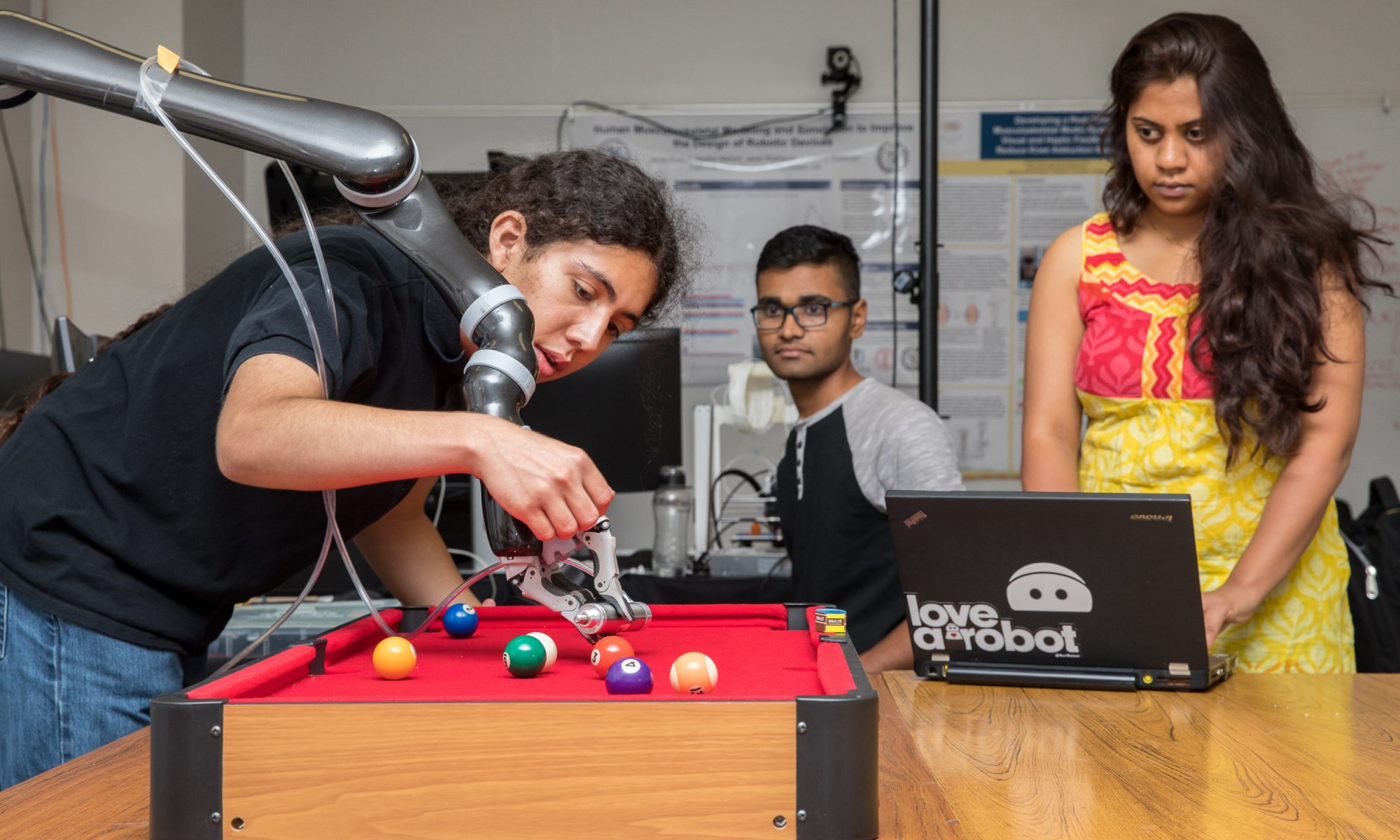Before you even send out your first resume, be sure you understand your values and interests. That was the advice of Emmit Clark, College of Engineering director of professional development and internships, during Tuesday’s workshop on the job-search process.
A successful strategy calls for creation of a plan, conducting research, and taking action. Identify the type of job you’ll be looking for, along with tools and resources that you can use.
“Your goal is to secure an interview and job offer—that’s the bottom line,” said Clark. “You can be as cute as you can or as handsome as you can in the interview, but in the end” it doesn’t matter if you don’t get a job offer.
During the journey of self-discovery that sets the foundation for a job search, you might identify the skills and interests you have that could be applied to a job. Clark suggests that students begin thinking of their career interests as early as their freshman year. “Get in there quick—the sooner, the better.”
Picking up outside skills such as new software programs or programming languages can help set jobseekers apart from the competition. “Learn something new,” he said. “You’ve got to stay current.”
Assessments such as the Golden Personality Type Indicator, the Myers-Briggs Type Indicator, or the Strong Interest Inventory can help jobseekers hone in on what types of careers would be most suitable.
A genuine “manifested interest” in engineering is an important starting point. Some students come to engineering because of a relative’s urging. “Engineers are the dreamers, the designers, the architects. When you’re paying your dues as much as you are, you really should have a passion to be an engineer.”
But if there isn’t any genuine interest, school will be tough and you’ll “end up miserable.”
Clark suggested pursuing interests that make you happy. “You’ve got to like this stuff. You’ve got to be hungry for it. Do things that make you happy and hopefully it can be a benefit to society as a whole.”

